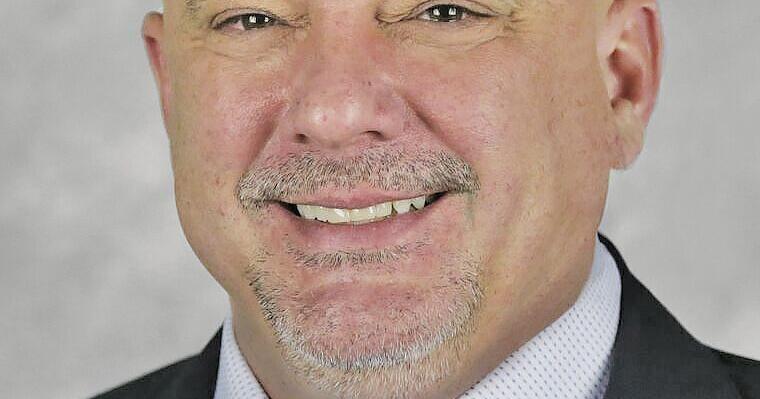Many taxpayers spent the last few weeks engaging in discussions with their accountants as they prepared their 2023 taxes. However, one of the most valuable players during tax season can often be your financial adviser, who can assist you in various ways, from providing 1099 forms from your custodian to helping you reduce your tax liability through retirement savings. If this past tax deadline ended with a larger-than-expected bill, consider leaning on your financial adviser for help.
Leading up to the annual April 15 deadline, most people expect difficulty getting a tax preparer to answer the phone. Still, financial advisers have their work cut out for them as well. Often, the financial adviser acts as the intermediary between the investor and the custodian. If your adviser has taught you not to dwell on every statement—because frequently watching the market can cause you to lose sight of the long-term picture—chances are, you may have also overlooked that year-end statement containing your 1099s, reporting your retirement account withdrawals, rollovers, dividends, interest, capital gains, and other taxable transactions made within taxable brokerage accounts. Your adviser can also clarify any questions about capital gains and loss carryovers.
After the end of the year, there is little you can do to help your tax situation. However, your financial adviser can assist you in making IRA contributions for the previous year up to the April 15 tax deadline. Taxpayers can generally deduct the entire amount of an IRA contribution if neither spouse is covered by a workplace retirement plan; otherwise, the deductibility of the contribution may be limited based on adjusted gross income. Some couples may benefit from a Spousal IRA contribution for a partner having little or no income.
Some taxpayers may be able to contribute to a Health Savings Account if they participate in a high-deductible health plan, which allows for tax-deductible contributions up to the April 15 filing deadline. Furthermore, these contributions can pay for health care costs with pre-tax dollars throughout the year, or a financial adviser may help you with a strategy for investing the savings for the long term to cover health expenses in retirement. Financial planners may also advise small-business owners and self-employed individuals to consider SEP IRAs, as contributions can be made up to the tax filing deadline, including extensions.
Sometimes, taxpayers will experience a change in their income during the year that could make them ineligible for Roth contributions made earlier in the year. Your financial adviser can help you withdraw the money, recharacterize the excess contribution into a traditional IRA, or apply your excess contribution to the following year’s Roth contribution.
Financial advisers can also help taxpayers plan for required minimum distributions, generally taxed as ordinary income. Depending on your financial plan, your adviser may recommend starting Roth conversions to lower future RMDs. If you’re charitably inclined, your adviser can help coordinate qualified charitable distributions directly from your custodian to a charity organization of your choosing.
Overall, most financial professionals are accustomed to working in tandem with CPAs or tax preparers and can often help you with financial moves that will put you in a better position in future tax years.
William G. Lako, Jr., CFP®, is a principal at Henssler Financial and a co-host on “Money Talks”—your trusted resource for your money, your future, your life—airing Saturdays at 10 a.m. on AM 920 The Answer. Mr. Lako is a CERTIFIED FINANCIAL PLANNER™ professional.








